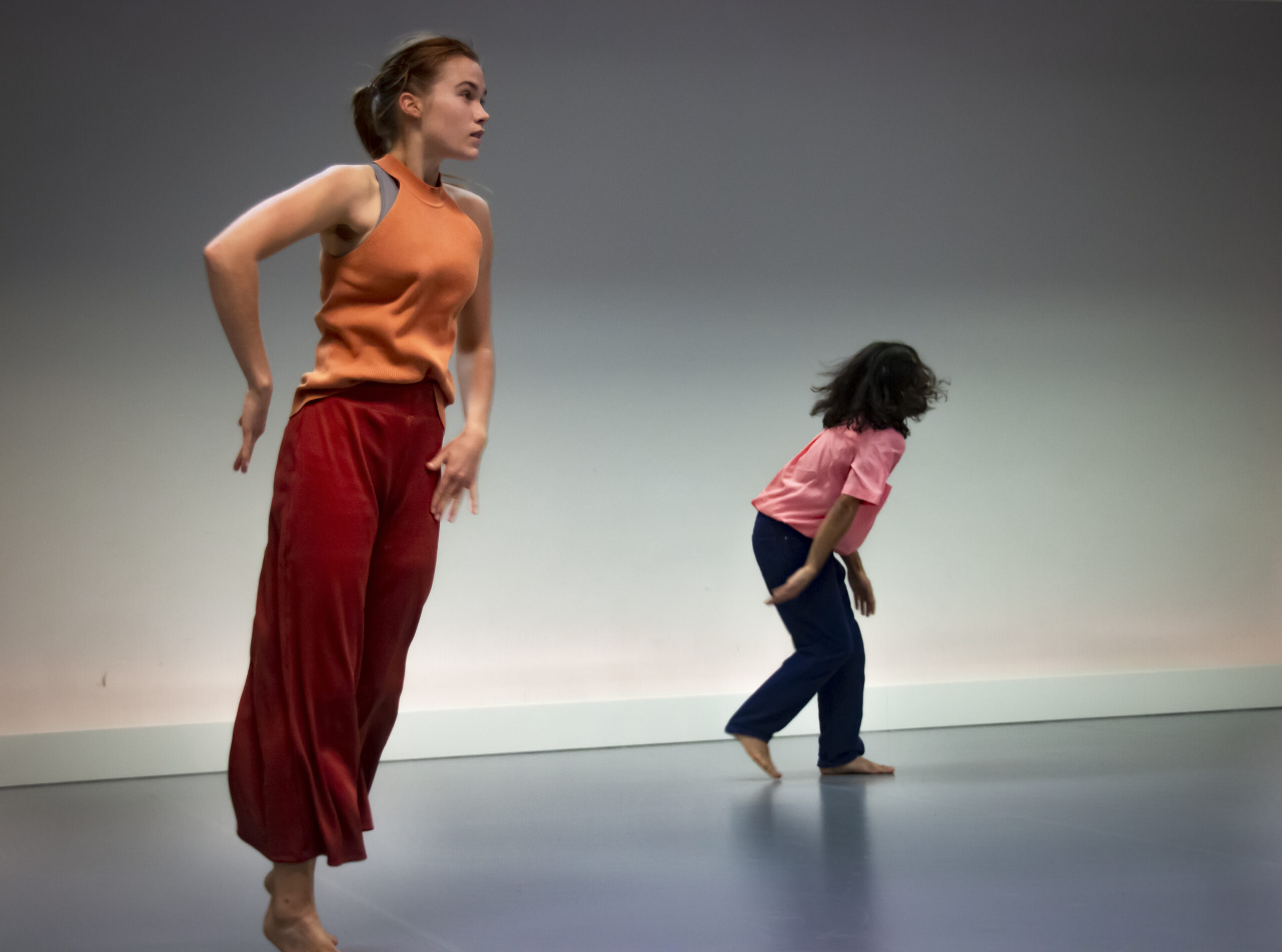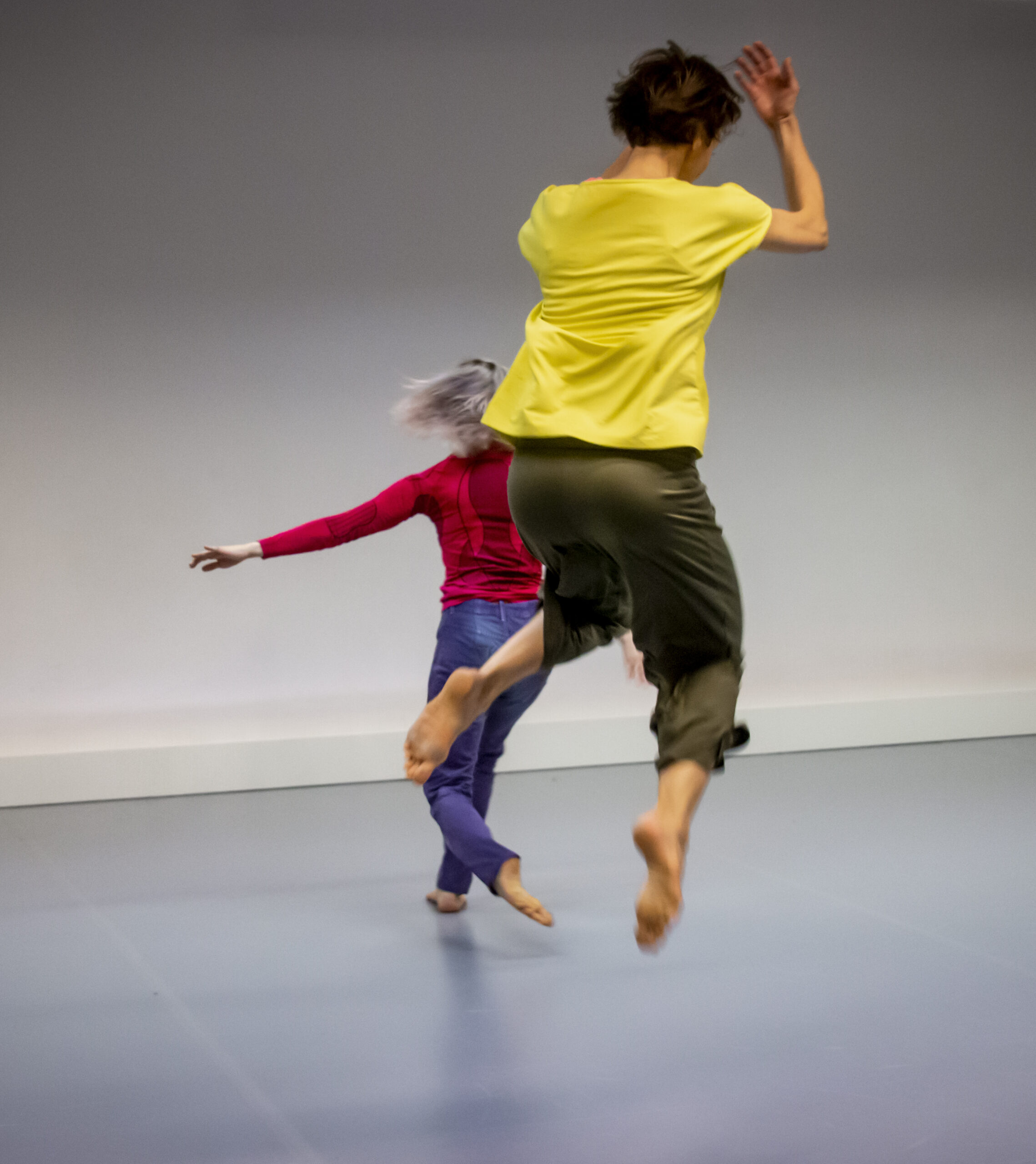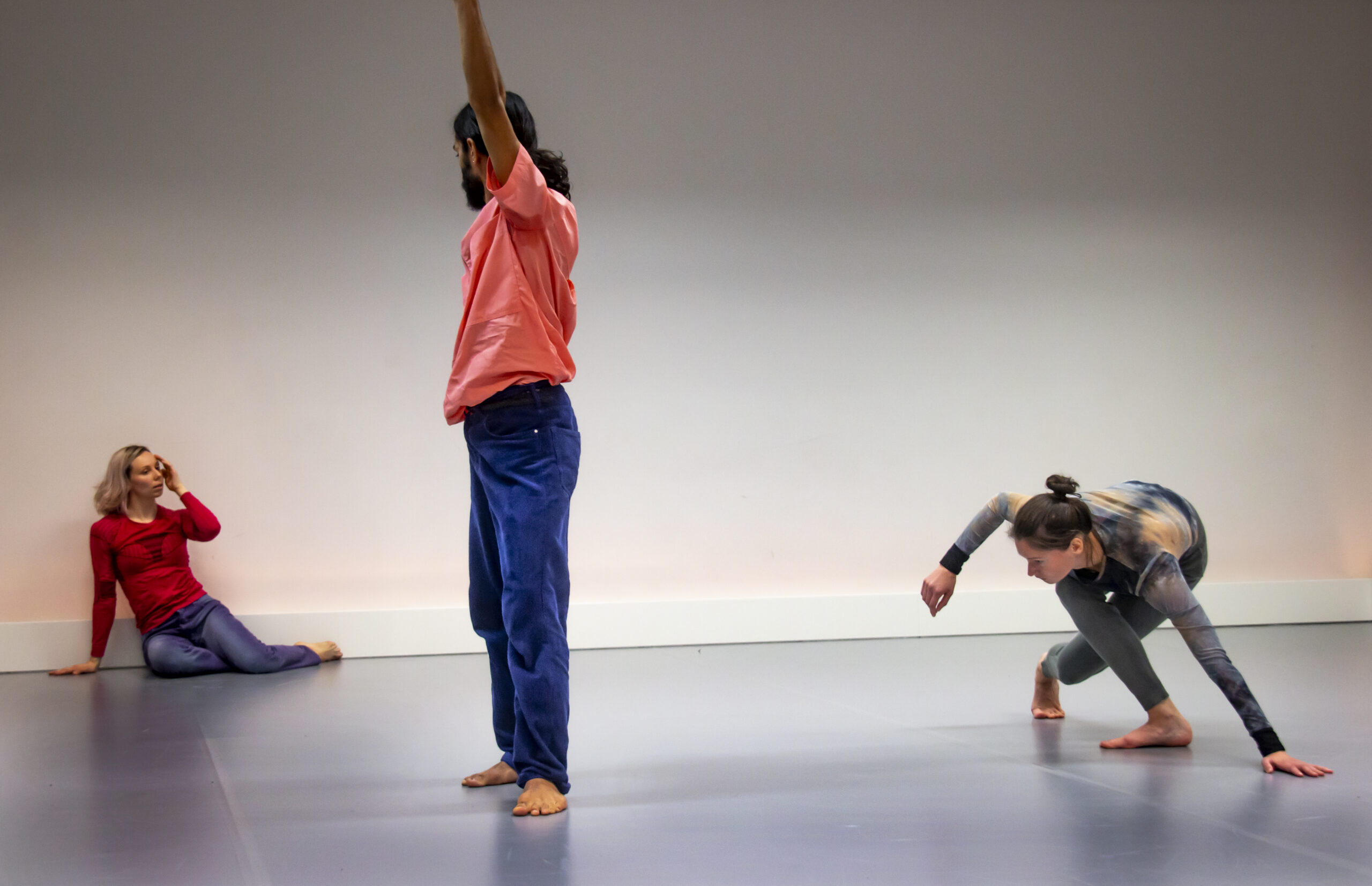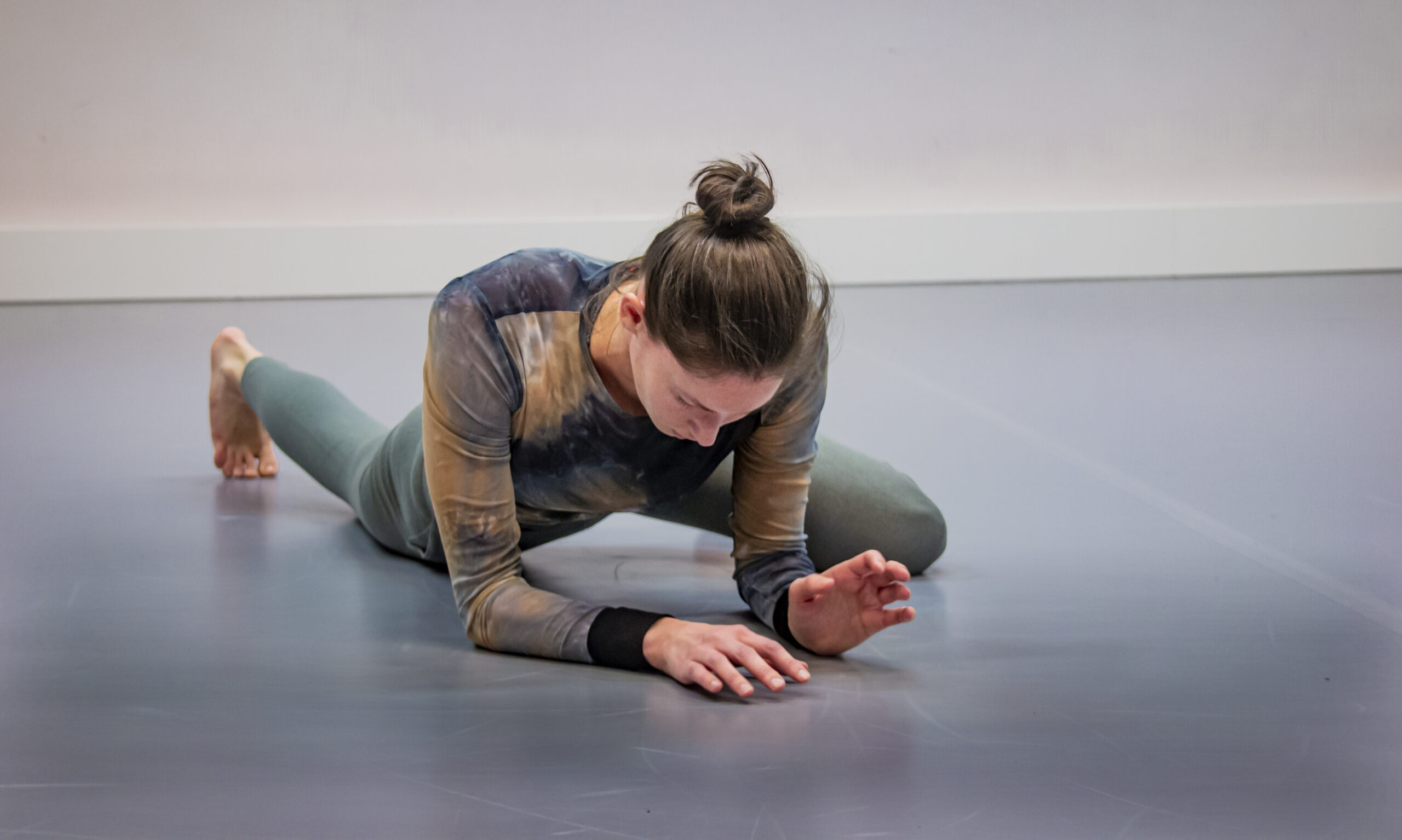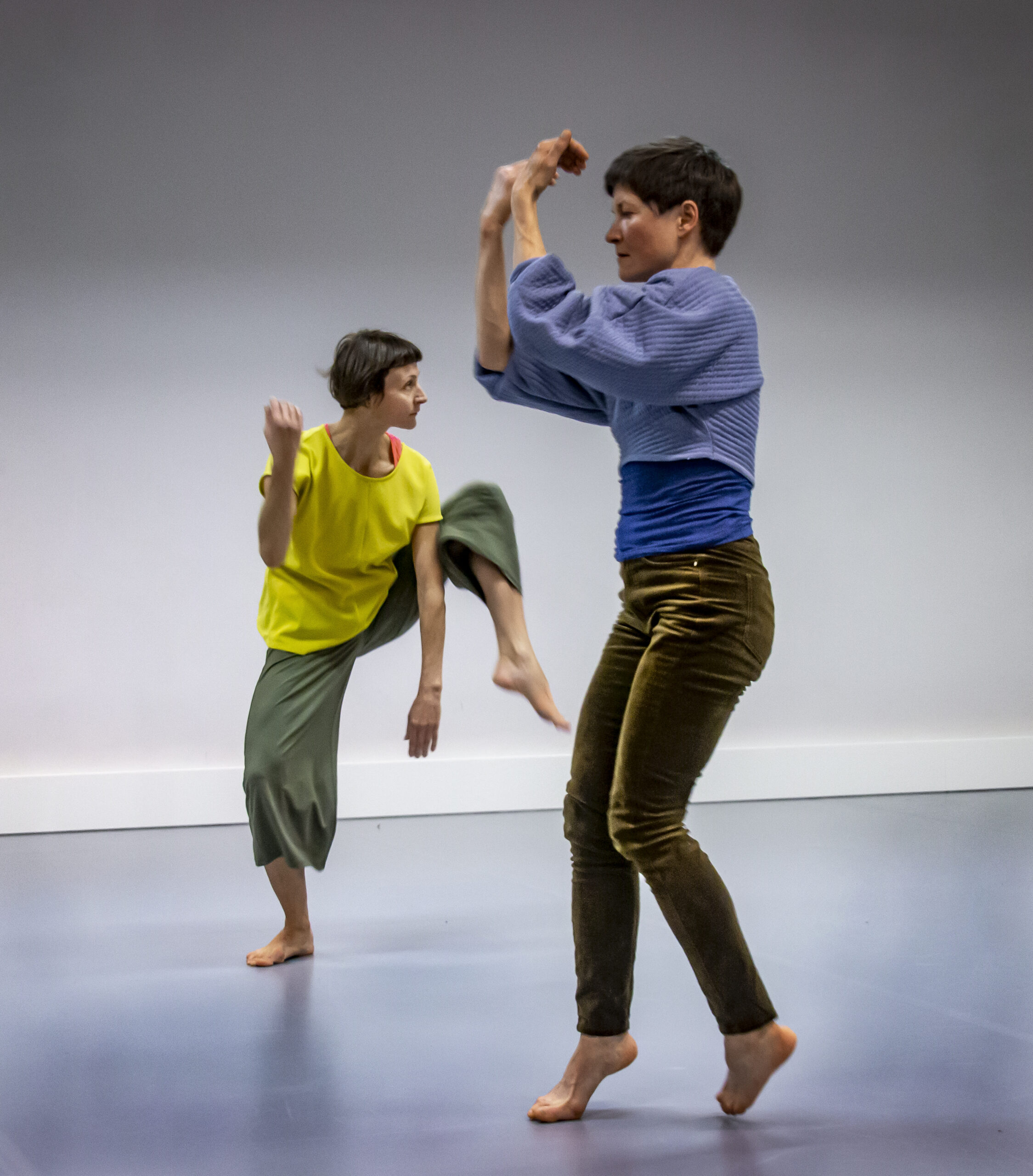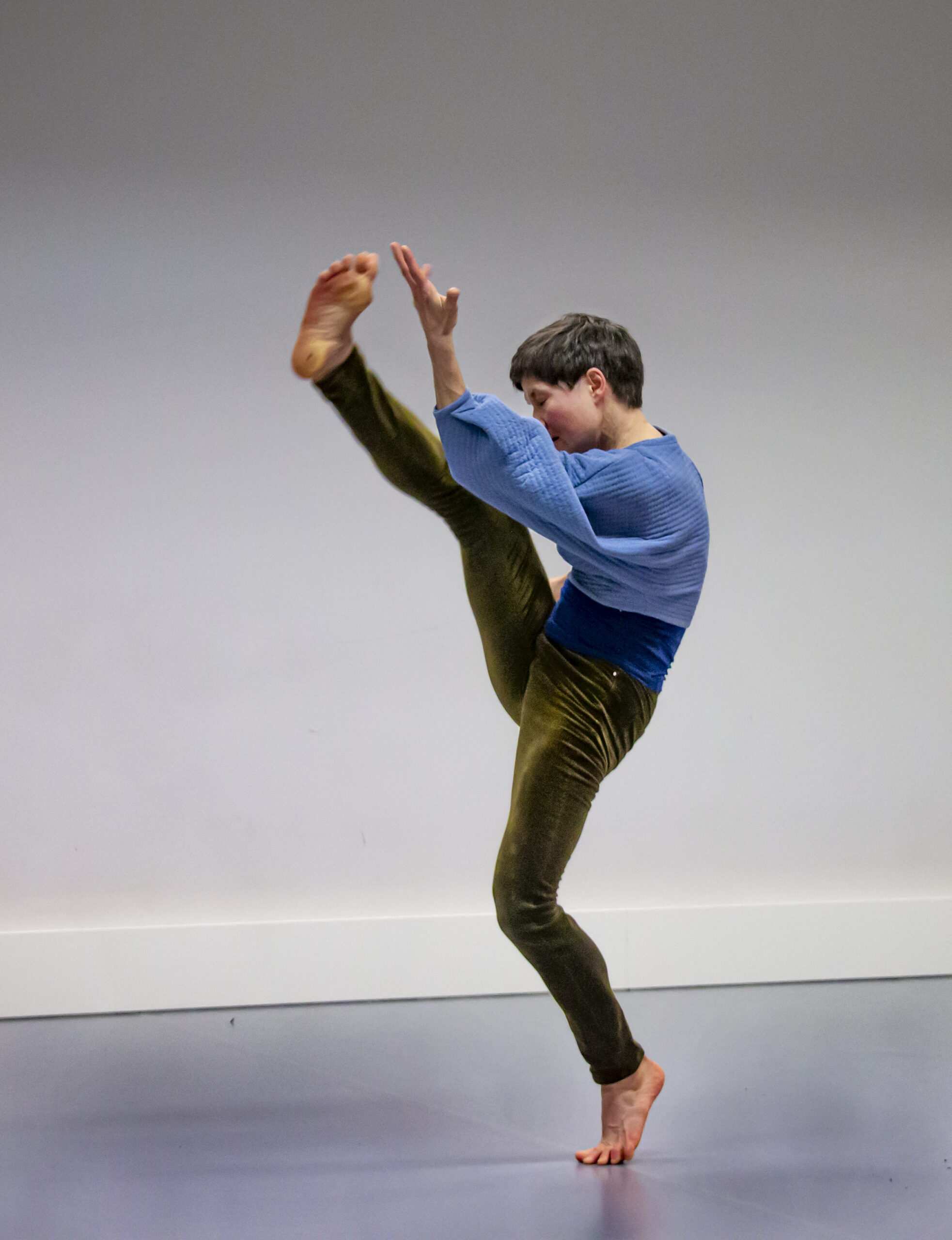Choreography and direction: Liisa Pentti
Performers: Meeri Lempiäinen, Corinne Mustonen, Pinja Poropudas, Satu Rekola, Kardo Shiwan and Katri Soini
Understudy: Ronja Syvälahti
Sound design: Jouni Tauriainen
Lighting design: Ina Niemelä
Costume design: Tua Helve
Artistic advisor: Pia Lindy
Producer: Inari Pesonen
Production: Liisa Pentti +Co
Supported by: Arts Promotion Centre Finland, the City of Helsinki and the Finnish Cultural Foundation.
The inspiration for the work Ref2020 has been Brian Eno’s 58-minute-long composition Reflection. The work, created with six dancers, suggests a new kind of connection between contemporary dance and Eno’s music where the meditative music creates singing and historicity of movement.
In every moment and continually, the dancers modify their movement paths with microscopic precision by observing the dialogue between movement and mind and by making constant choices about space and timing. The rich and unpredictable movement language acts at times as a counterpoint to the soundscape and sometimes independently, without a primary relationship to the music.
Ref2020 is a light work in dark times. The music and dance create a landscape inside which the viewer can allow him/herself to experience floating, timelessness and dreams that occasionally remind us about a past that perhaps never was.
Liisa Pentti +Co Studio is located at Bulevardi 31, in a former chemistry lab of the Helsinki University of Technology, built in 1899. This is the setting for the work where both the shared and the private becomes apparent through the alchemistic metamorphoses born in the dancers and in the space. (www.liisapentti.com)
Photos Sari Antikainen
The Greek body is matter informed by a beautiful form; it is a body of knowledge and belief. But for us moderns, there is time in the body. Ours is a fragile body, always tired. To place fatigue in the body is to say the body incorporates time.
Gilles Deleuze
What is at stake, I would argue, is a language, which would assist the apprehension of the slow violence of environmental crises, of war, of overwork and unemployment, before it culminates in the finality of the bodies at the limit. What is at stake is language, an aesthetics, that would allow us to receive and experience different temporalities of bodies, which are not determined and categorized by a norm of a productive body and the persistent idea of “the-body-without-fatigue”.
Soyoung Yoon
